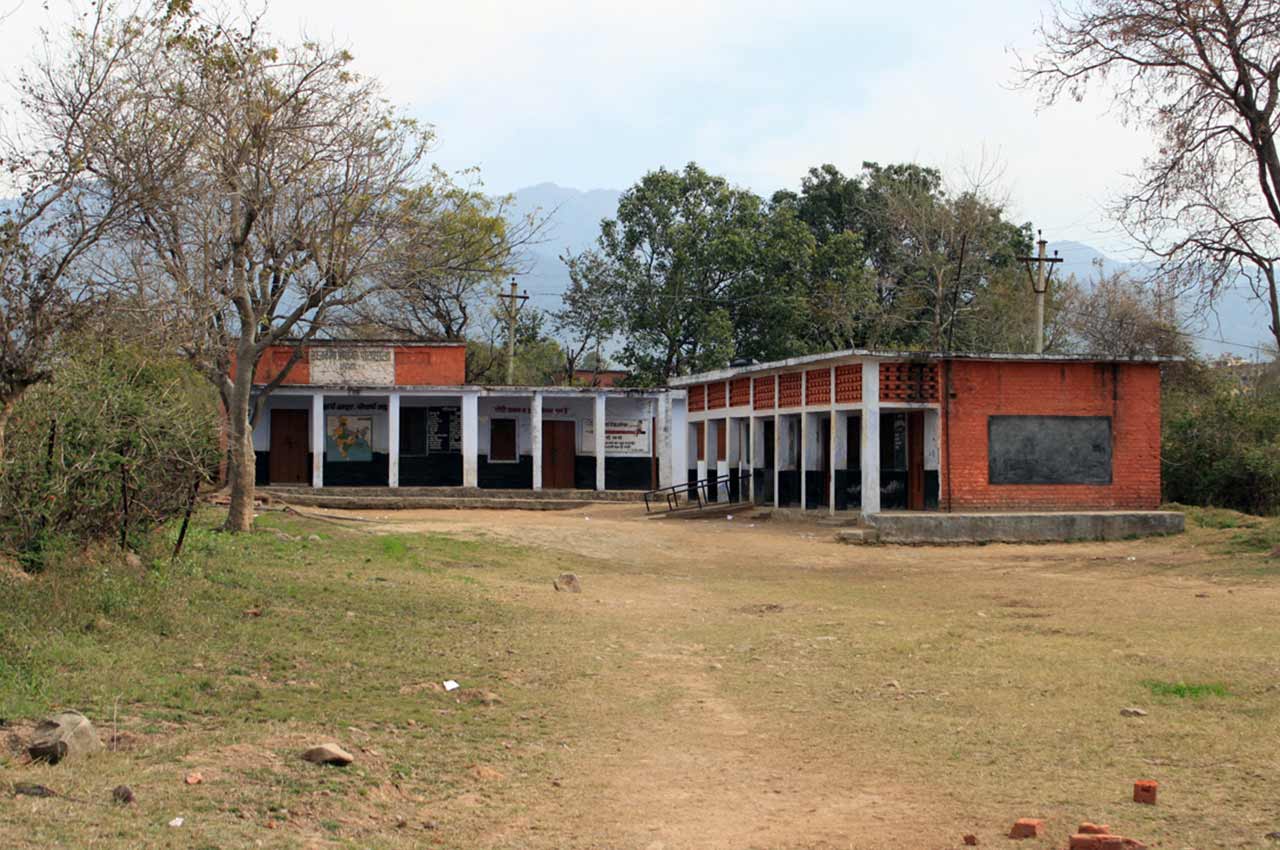While the investor and business communities have approved of the Budget’s raising of capital expenditure, compressing the fiscal deficit and slightly hiking the disposable income of the middle class with income tax adjustments, abjectly poor India has little to cheer about.
The allocation for the national rural employment guarantee scheme (MGNREGA), which gives people the right to demand work from panchayats, has been set at ₹60,000 crore. If in a year when the economy was expected to grow by 6.8%, a revised provision of ₹89,400 crore — 22% higher than the Budget estimate — was made, how can allocation be cut by 33% when the economy is expected to slow because of global headwinds?
The scheme is demand-driven, and any household demanding employment shall be provided 100 days of unskilled manual work in a financial year in accordance with the scheme, the rural development ministry said in a press release, in response to comments that it was under-funding MGNREGA. It listed the Budget and revised estimates of the past eight years to emphasise that in seven of those years, the revised estimate was higher and additional funds were released.
“Every year they say more funds will be provided if needed, but later in the year funds run out and wage arrears pile up. Then they make an inadequate supplementary allocation, and the remaining arrears are carried over to the next year,” Jean Dreze, development economist and visiting professor of economics at Ranchi University, said in an email. Dreze had helped craft the employment guarantee scheme. “This year’s meagre Budget allocation is going to aggravate the vicious cycle, instead of ending it,” he added. Delayed payments would frustrate employment seekers and reduce the demand for work.


























